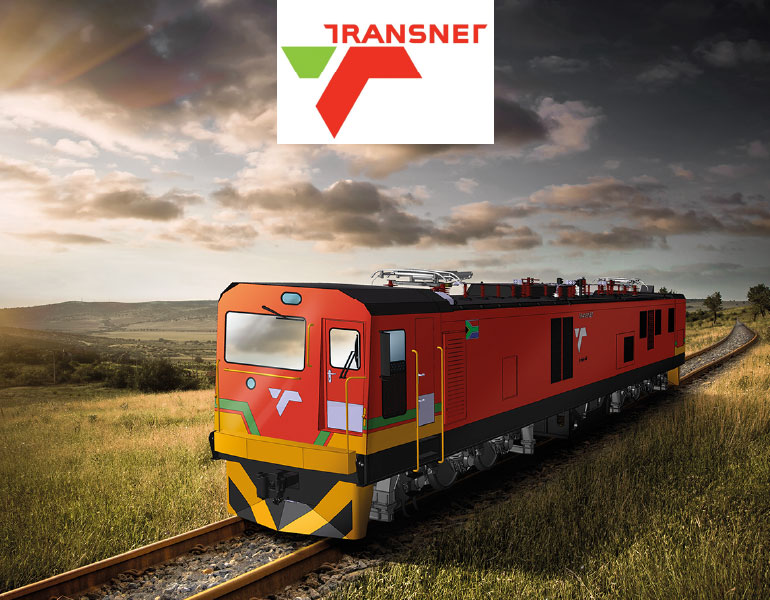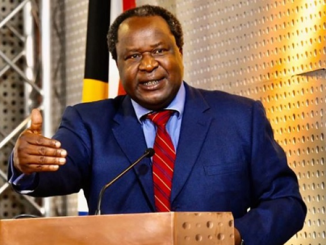

Founder: Turnaround Talk
While there is a significant global movement towards Net Zero, the reality is that this will not be as easily achieved as many of the environmentalists that are driving the movement care to admit. Coal still plays a major role in the economic development of many countries, particularly those in Africa and Asia.
This is being driven by the fact that many economies in developing countries simply do not have the funds, or political will, to make an easy transition to Net Zero. It is also important to note that many countries are in the same position as South Africa and are also experiencing significant energy crises.
This should mean good news for South Africa, particularly with the news that Indonesia (the worlds biggest coal exporter) often bans the export of coal as it tries to address its energy crisis. However, while South African coal miners are happy with the rising price of the commodity, there are concerns that Transnet may spoil the party.
Supply not living up to demand
The article points out that Exxaro Resources, one of Eskom’s largest coal suppliers, is expecting the export price of coal to increase by almost 80% in the first half of the year. But poor rail performance has meant that exports declined, despite high international demand.
“Our domestic and export flows remain severely impacted by logistical constraints and it continues to impact our ability to move coal to customers and ports,” it said in an update to shareholders on Thursday.
The article adds that coal experts were down 27% in the first half of 2022 compared to the second half of 2021.
“Despite the current challenges, Exxaro is successfully pursuing alternative markets and logistic channels to realise value for our business.”

Photo By: Getty Images
Decreased expectations
The article points out that Exxaro now expects to export a total of 6.2 million tons of coal in 2022, against an initial export guidance of 7.6 million.
Exxaro said it expected the benchmark API 4 coal expert index to average $270 per ton for the six months ending 30 June, compared to $151 per ton in H2 2021.
“The Russia-Ukraine war and Europe’s quest for alternative suppliers of especially high-quality thermal coal continues to drive the shortages. Extremely high and volatile prices were recorded during 1H22.”
The article adds that the miner said that while total coal production was expected to rise by around 1% in H122, sales would be down 3% due to logistical constraints and the sale of its Exxaro Coal Central operations last year.
The group will provide a detailed account of its business performance in the first half of the year when it publishes its interim results in mid-August.
Freefalling
A Turnaround Talk article points out that Transnet is in free fall and it is throttling investment and will ultimately cause mines to close, industry leaders have warned.
Speaking at the McCloskey Southern African Coal Conference on Thursday, coal producers impacted by Transnet’s poor railing performance lamented the dire state of the coal line to the Richards Bay Coal Terminal (RBCT) at a time when demand for South African coal has jumped, and export coal prices are rocketing.
“Transnet was doing very well until 2019. All of a sudden, it is in free fall. It’s very concerning for the country,” said Vuslat Bayoglu, MD of Menar, a private investment company that owns several South African coal mines.

Photo By: Transnet
The article added that Bayoglu pointed out that, “in 1996, Transnet moved 56 million tons of coal to RBCT. It peaked in 2017 at 76 million tons, and in 2020, it was 72 million tons. Then, in 2021, it was 58 million tons and, whether you like it or not, we are looking at 49 million tons [for 2022]. This is a joke.”
In the same period, Bayoglu noted, Australia tripled its coal exports, and Indonesia’s grew sixfold.
The News24 article points out that Mike Teke, CEO of Seriti Resources, which produces coal for Eskom and the export market, said the low railing volumes juxtaposed with extraordinary export prices was “painful” for the industry.
The industry has been collaborating with Transnet on the various issues facing the coal line, including cable theft and a shortage of locomotives which results from a legal dispute with a key equipment manufacturer in China.
The state-owned logistics company, however, stirred up ill will among some industry players when last month it issued them with letters terminating long-term export agreements based on a force majeure – a clause which frees parties from contractual obligation in the case of an extraordinary event.
The article adds that while certain companies have disputed the validity of the force majeure – and insiders have speculated on the true reasons behind the move – industry has continued to engage with Transnet to find a mutually acceptable solution.
The railing crisis is undoubtedly the biggest issue facing the coal industry at present. Transnet, however, declined to speak at the coal conference this year, the organisers said.
Bayoglu said the issue of locomotive spares was clearly major, another critical issue is the loss of skills resulting from a voluntary separation programme – something unions highlighted as a major risk in September last year.
This is another clear example of Corporate-911 Director – Robin Nicholson’s – comments where he pointed out that we are seeing a trend where well-run companies are facing financial distress because of pressures applied to them from the external environment. This means that turnaround professionals need to have very different conversations with their clients.




